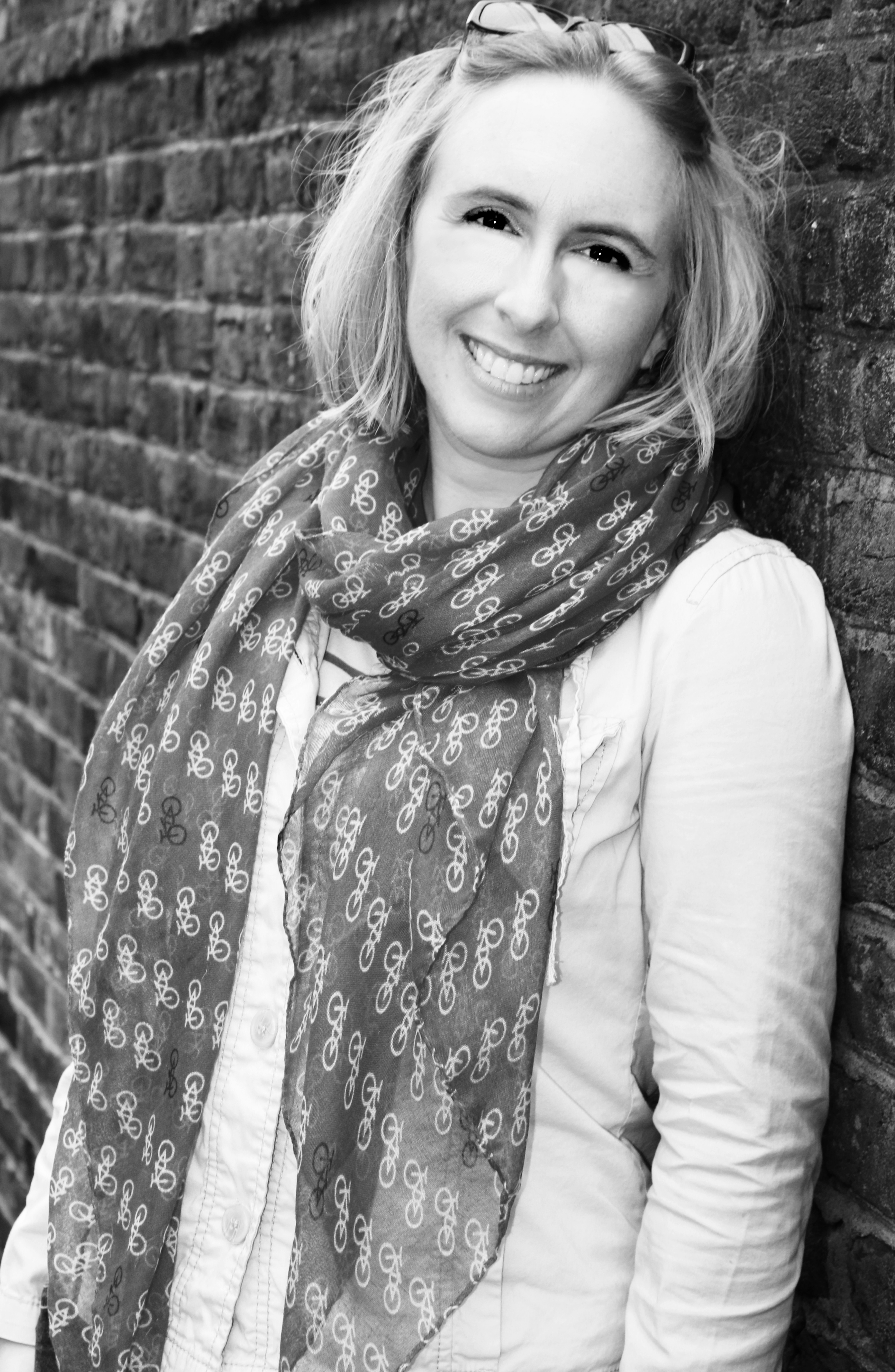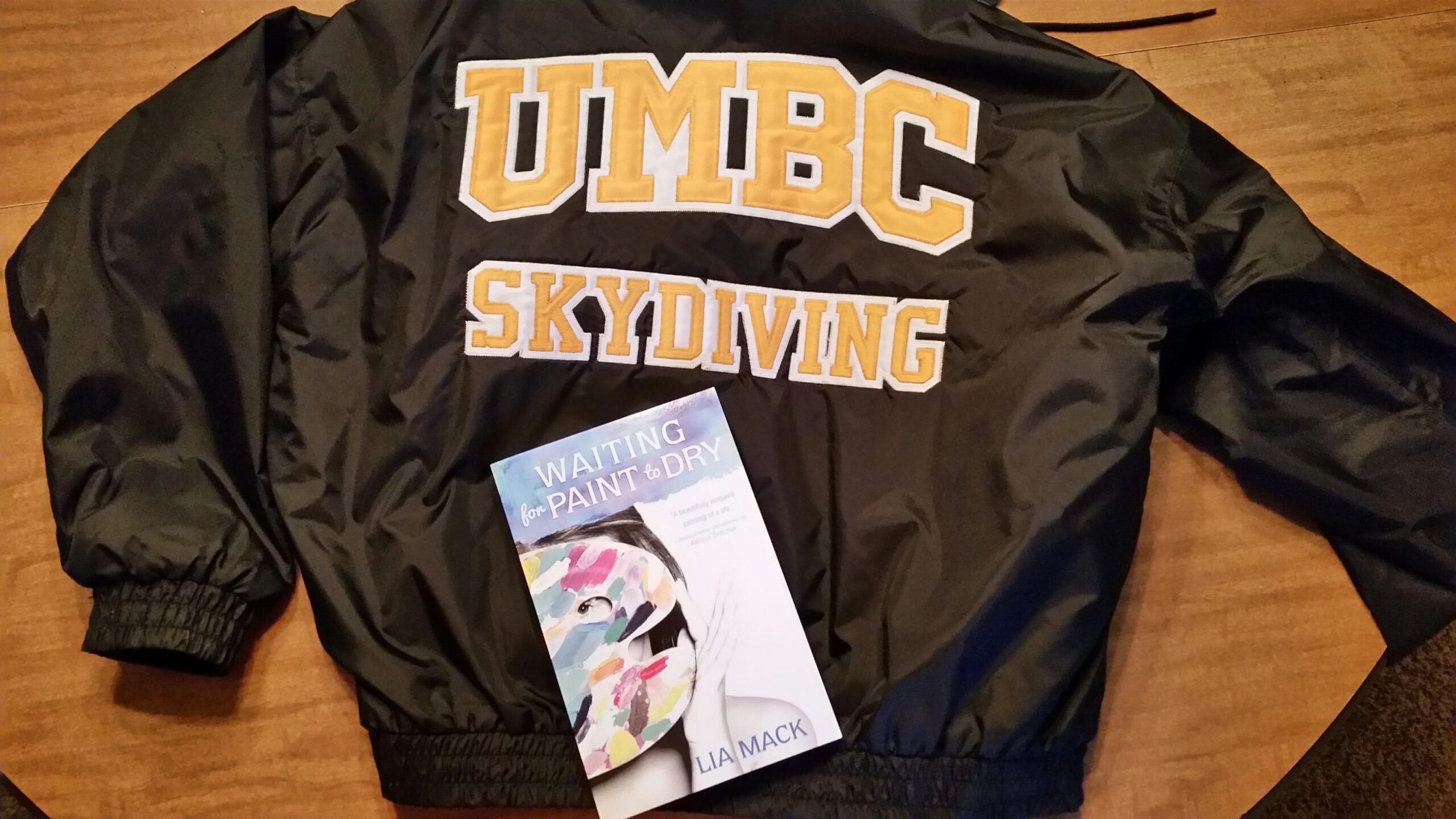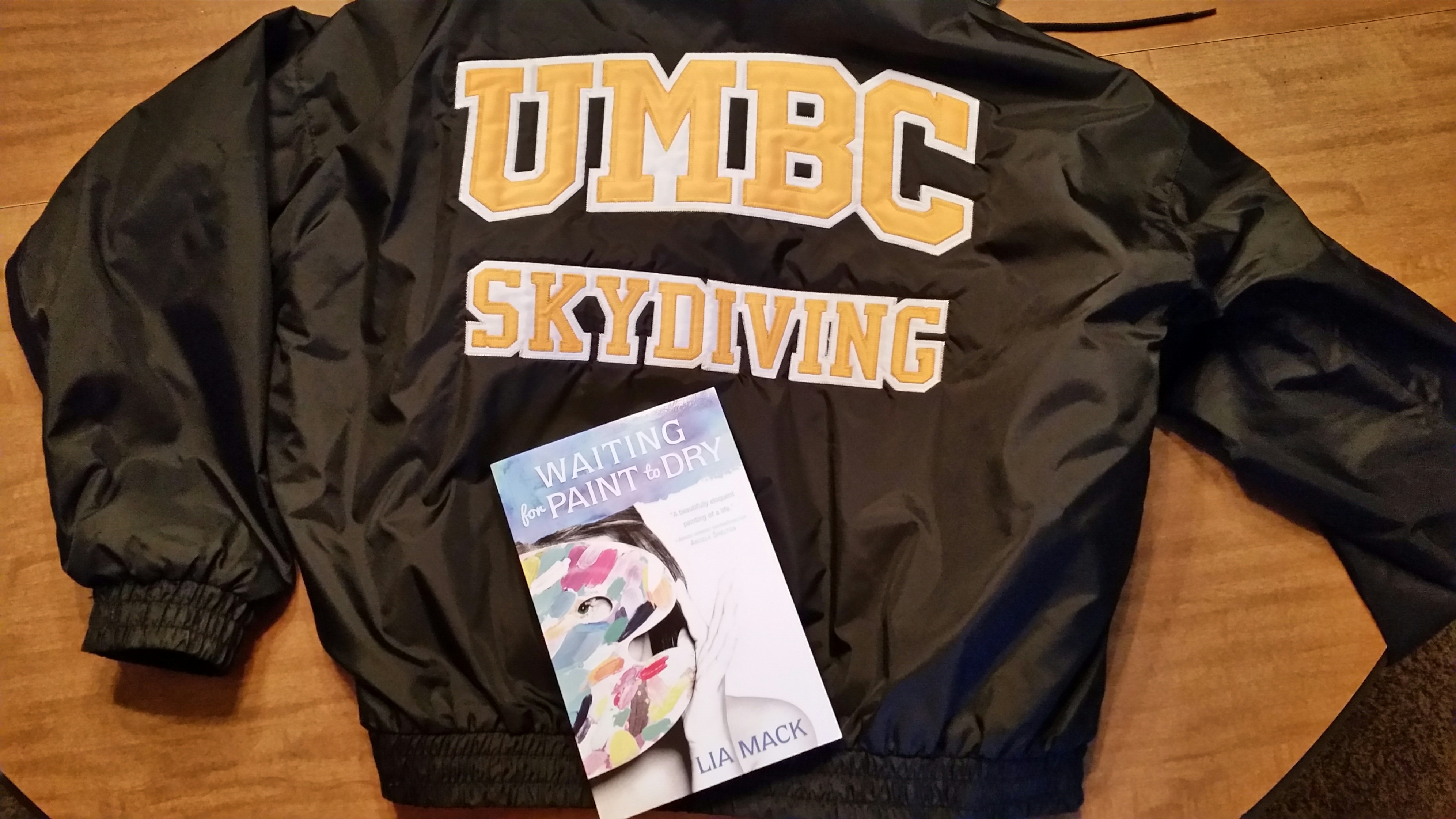 Matty Bell, the 30-year-old protagonist of the novel Waiting for Paint to Dry, is a woman in constant survival mode, a woman, wounded as a girl, who hasn’t fully healed. The novel follows her through her recovery from a traumatic rape during her teenage years, as she learns to fully embrace life again. Hers is an experience the book’s author, Lia Mack ‘98, psychology, is intimately familiar with as a survivor of sexual assault, and her story arose from the author’s own healing process.
Matty Bell, the 30-year-old protagonist of the novel Waiting for Paint to Dry, is a woman in constant survival mode, a woman, wounded as a girl, who hasn’t fully healed. The novel follows her through her recovery from a traumatic rape during her teenage years, as she learns to fully embrace life again. Hers is an experience the book’s author, Lia Mack ‘98, psychology, is intimately familiar with as a survivor of sexual assault, and her story arose from the author’s own healing process.
The book was a long time coming, says Mack. Writing the novel itself was a ten-year process complicated, amongst other things, by a near-deadly bout with Lyme disease. But she wouldn’t succumb that easily: “I am very hardheaded,” she says.
Getting a handle on her creative side again in the aftermath of her trauma was a large part of the battle. “[I] kind of swallowed myself whole” after the assault, she says, and it would take well over a decade for her to channel the experience through writing.
After transferring to UMBC from Anne Arundel Community College, Mack went from major to major, career aspiration to career aspiration, before settling on psychology. While she has fond memories of college – she was treasurer of the UMBC Skydiving Club, and still has the jacket – she now believes that she should have been an English major all along. She had always wanted to write, but she says that after her rape, “[I] didn’t trust myself to accomplish what I wanted.”
So she turned to other pursuits, in college and beyond. Mack’s first post-grad job had her delivering computers to day care centers from Maine to Virginia, spending about two days a month at home. After that, she worked as a research assistant in the child psychiatry unit at Johns Hopkins. She had taught herself to code in UMBC’s computer labs in the early days of the Internet, a skill that proved quite handy later on when she was a web developer at T. Rowe Price.
When her son was about nine months old, and she was, in her words, coming out of her shell, she decided to paint his nursery. She realized, to her own astonishment, that she hadn’t painted in well over a decade.
“Wait a minute. I am an artist…why haven’t I painted in so long?” she remembers thinking at the time. Her creative side, buried for so many years, was finally resurfacing. A while later, on a trip to San Diego, an experience at the airport prompted the idea for the novel. As soon as the plane landed, she bought a notebook and got to work. The result? The story of a woman taking back her life, finding love, and creating her own happiness.
“They say it takes five to ten years to write [your] first novel,” she says, and that it did. Finally, this past May, the book was released through a small Arkansas publishing house called Pen-L. A portion of the proceeds will go to the Rape, Abuse, and Incest National Network (RAINN), and Mack wants to raise $10,000 for the organization through her book sales.
“It’s not a memoir,” she says, “but I did utilize my emotional journey of healing in my writing.”
Mack also spoke with other survivors to get a wider breadth of experiences to draw from, and she credits Angela Shelton’s online healing courses with helping her recover. Shelton, an actress, filmmaker, and child sexual abuse survivor, directed the documentary Searching for Angela Shelton, wherein she interviewed 40 women who shared her name and discovered that the majority of them had experienced sexual or domestic violence. Mack occasionally writes for Shelton’s blog, Survivor Manual, which bills itself as “a place where survivors who have moved on to thriving can share what worked for them under all aspects of healing.”
Now living in Maryland and working as a UX designer – a job that marries her psychology training with her web development experience – Mack says that this book is her “restitution” after what was done to her. She wants to, as Angela Shelton would put it, “use [her] sword of trauma for good.”
“My goal is to help others” who have been through sexual violence, Mack says, and to show them that “you’re not a mess forever…you can make your own happily ever after.”
– Julia Celtnieks ’13
Tags: Lia Mack, Pen-L Publishing, Psychology


